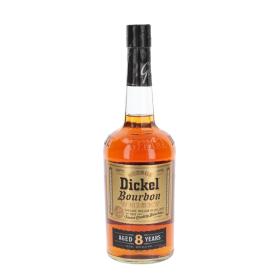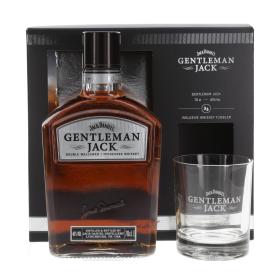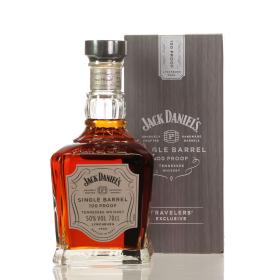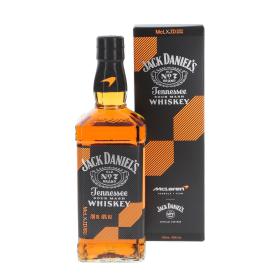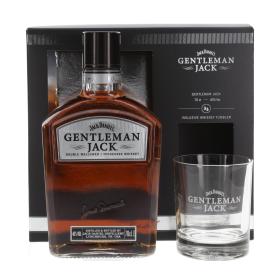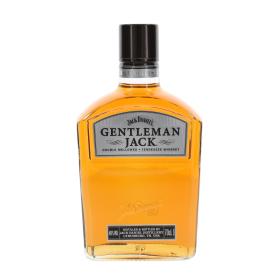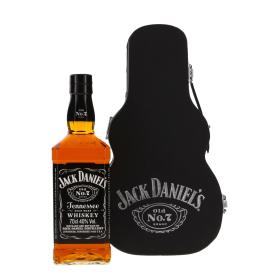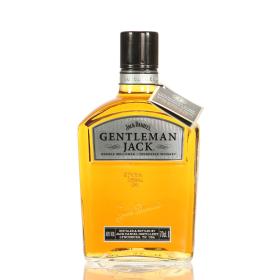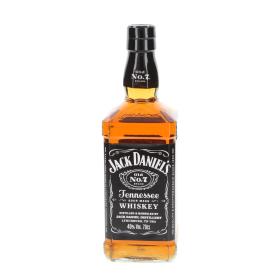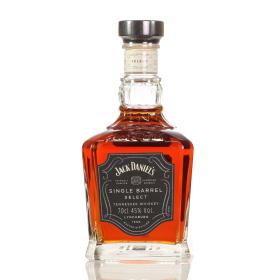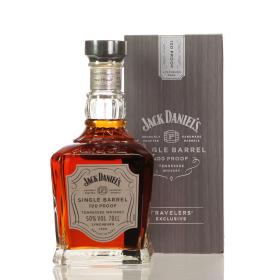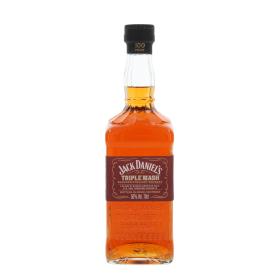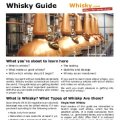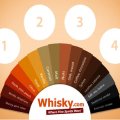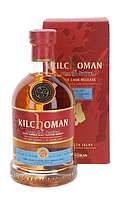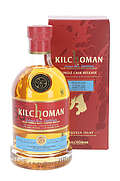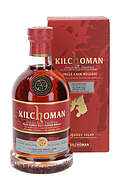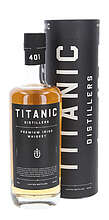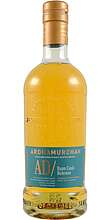Something special or a marketing stunt?
Jack Daniel's No. 27 Gold is a strange case. The label says Tennessee Whiskey, but the additional information on the label is puzzling. In big letters it says: "Double Barreled, Extra Matured in Maple Barrels". Whisky connoisseurs will ask themselves: How can that be, when maturation in fresh American white oak barrels is mandatory? Is there a special law for Tennessee whisky?
When the new Prichard's Tennessee Whiskey was launched, many wondered why the label did not mention the charcoal mellowing process, which is known to be the unique selling point of Tennessee whiskey.
What is a Tennessee Whiskey?
Let's get to the bottom of it. What is Tennessee whiskey? It is commonly believed that Tennessee whiskey is made like bourbon in the first and last steps of production. Rye, corn and grain are distilled and matured in barrels made of new white oak. The difference between Tennessee whiskey and bourbon is that the spirit is filtered with maple charcoal before it is put into the barrels, a process called charcoal mellowing. The charcoal removes sharp substances from the liquid, giving the whiskey a softer character. This is how it has been marketed by producers, especially Jack Daniel, for decades.
However, the rules and regulations of the Bourbon Act of 1964, which apply to all bourbons in the USA, also applied to Tennessee whiskey. There was no Tennessee Whiskey Act. If you follow the rules of the Bourbon Act, you may call your product Bourbon. If you follow the slightly stricter rules, you may call it Straight Bourbon. If your distillery is in the state of Kentucky, you may call your whiskey Kentucky Straight Bourbon.
Is Tenessee whiskey better than bourbon?
The definition of Tennessee got completely out of hand in 2013 when Tennessee lobbyists got Governor Bill Haslam to sign a local law stating that Tennessee whiskey must be coal-filtered. After all, this had been the tradition for more than 150 years. However, the reopened Prichard's distillery cited written documents from even earlier that proved they had not filtered at the time. So an exception was written into the law.
Because of this exception, other market participants, including some new micro-distilleries, claimed that this arbitrary prescription of a manufacturing process violated their constitutional freedoms.
The Law of Tennessee Whiskey
The definition of Tennessee got completely out of hand in 2013 when Tennessee lobbyists got Governor Bill Haslam to sign a local law stating that Tennessee whiskey must be coal-filtered. After all, this had been the tradition for more than 150 years. However, the reopened Prichard's distillery cited written documents from even earlier that proved they had not filtered at the time. So an exception was written into the law.
Because of this exception, other market participants, including some new micro-distilleries, claimed that this arbitrary prescription of a manufacturing process violated their constitutional freedoms.
Creative freedom of taste
But what about the additional maturation in maple barrels? When I think of these non-oak barrels, the Jim Beam Distiller's Masterpiece comes to mind. This is a Kentucky Straight Bourbon that has been matured in Spanish Pedro Ximénez sherry casks. If finishes in Kentucky and Tennessee are possible, is the idea that bourbon can only be matured in American white oak wrong?
In fact, the Bourbon Act only says that bourbon must be aged for at least two years in fresh American white oak barrels. It does not say what you can or should do with the whiskey after that. This is where the creativity of the whiskey producers comes into play
Between brand image and customer taste
Are such legal restrictions good or bad? Well, it's about a balance between traditions and flavour innovation. If you are too restrictive, you will not be able to convince new customers of your product, especially connoisseurs looking for variety and young people looking for fancy drinks. But if you are too innovative, long-time customers will no longer recognise your brand and turn to the competition. Take the Camel cigarette brand, for example. It was once one of the market leaders and advertised with a smoking globetrotter. When the brand started using a plush camel, customers preferred to ride a mustang in Marlboro Country. It only takes a few bad decisions and little time to seriously damage a brand. Today, Camel has little relevance in the cigarette market.
Jack Daniel's is treading a new path with its No 27 Gold. On the one hand, the traditional charcoal mellowing process is retained, on the other hand, unusually sweet maple barrels are used, which could appeal to new customers. After being sold only in a few target markets, this bottle is now generally available, which shows that it has been accepted by buyers.
On a side note: Tennessee Whiskey vs. Tennesee Whisky
Whisky or whiskey? Depending on which country we are talking about this drink, the spelling differs. Whiskey, the spelling with the 'e', is only used in Ireland and the United States. In all other countries, such as Scotland, Germany and Canada, the 'e' is omitted.
So the appropriate name would be Tennessee Whiskey, as Jack Daniel's calls its products. However, there are a few cases where the spelling without the 'e' is used. George Dickel is one of them, but for a specific reason: to underline the claim that their whisky is just as good as Scotch, the brand sticks to the original spelling from Scotland. However, the production is the same as for all other Tennessee whiskeys.


